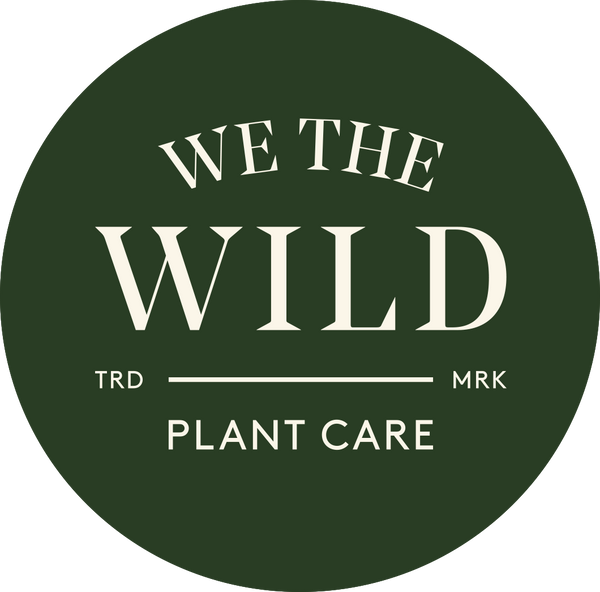As spring awakens the Australian landscape you'll notice pollinators at play! But what do they do and why are they so important? From bees to bats, pollinators are the unsung heroes of our planet. Here's why.
Australia boasts a diverse array of native plant species that rely on pollinators to reproduce and thrive. From stunning wildflowers, to the colourful grevilleas and bottlebrushes, we all enjoy the fruits of the earth's pollinators.

Meet the Pollinators
-
Bees: Native bee species, like the stingless bees and blue-banded bees, are vital pollinators for many native plants. Introduced European honeybees also play a role in pollinating the food we eat.
-
Butterflies: Spring isn't spring with beautiful butterflies flitting from flower to flower. They're 'sipping the nectar minding their biz', and inadvertently transferring pollen in the process! Pollen transfer = plant reproduction!
-
Birds: Birds like rainbow lorikeets and honeyeaters can feed on nectar, and transfer pollen from one flower to another.
-
Bats: These creatures get a bad wrap! Bats can be an essential nocturnal pollinators in Australia. Fruit bats, also known as flying foxes, feed on nectar and pollen and assist in the pollination of various plants, including eucalypts and rainforest trees.
What is pollination?
Pollinators are the transfer mechanism for plant reproduction. They transfer pollen from the male parts (anthers) of one flower to the female parts (stigma) of another flower of the same species. This process enables fertilisation and the production of seeds and fruits.
Why are pollinators so important?
Without these creatures, pollen simply would not transfer, and many plants would be unable to produce offspring, leading to a decline in plant populations and the animals that depend on them for food and shelter.
What can you do to support pollinators?
Firstly, stop using chemical pesticides and fertilisers, and demand that the garden centres you buy from do the same. These toxic chemicals are not only bad for plants, but they're killing the planet. Look at buying pesticide free produce and certified organic products (if you can afford it). If you're lucky enough to have a garden, plant native pollinator friendly plants. If you want extra points, swap your lawn for a flowering native garden!


